Best Watermelon Fertilizer: Grow Juicy Sweet Melons With These Top Picks
Watermelons are a delicious and refreshing summer fruit, but they can be tricky to grow. One of the most important factors in growing a successful watermelon crop is using the right fertilizer.
Watermelons need a balanced fertilizer that provides them with the nutrients they need to grow and produce large, juicy melons. The ideal N-P-K ratio for watermelons is 1-1-1, or 10-10-10. This means that the fertilizer should contain equal amounts of nitrogen, phosphorus, and potassium.
There are a variety of different fertilizers available that are specifically designed for watermelons. Some of the best watermelon fertilizers include:
- Espoma Garden Tone 3-4-4 Plant Food: This is a balanced fertilizer that is made with organic ingredients. It is easy to use and can be applied to the soil or as a foliar spray.
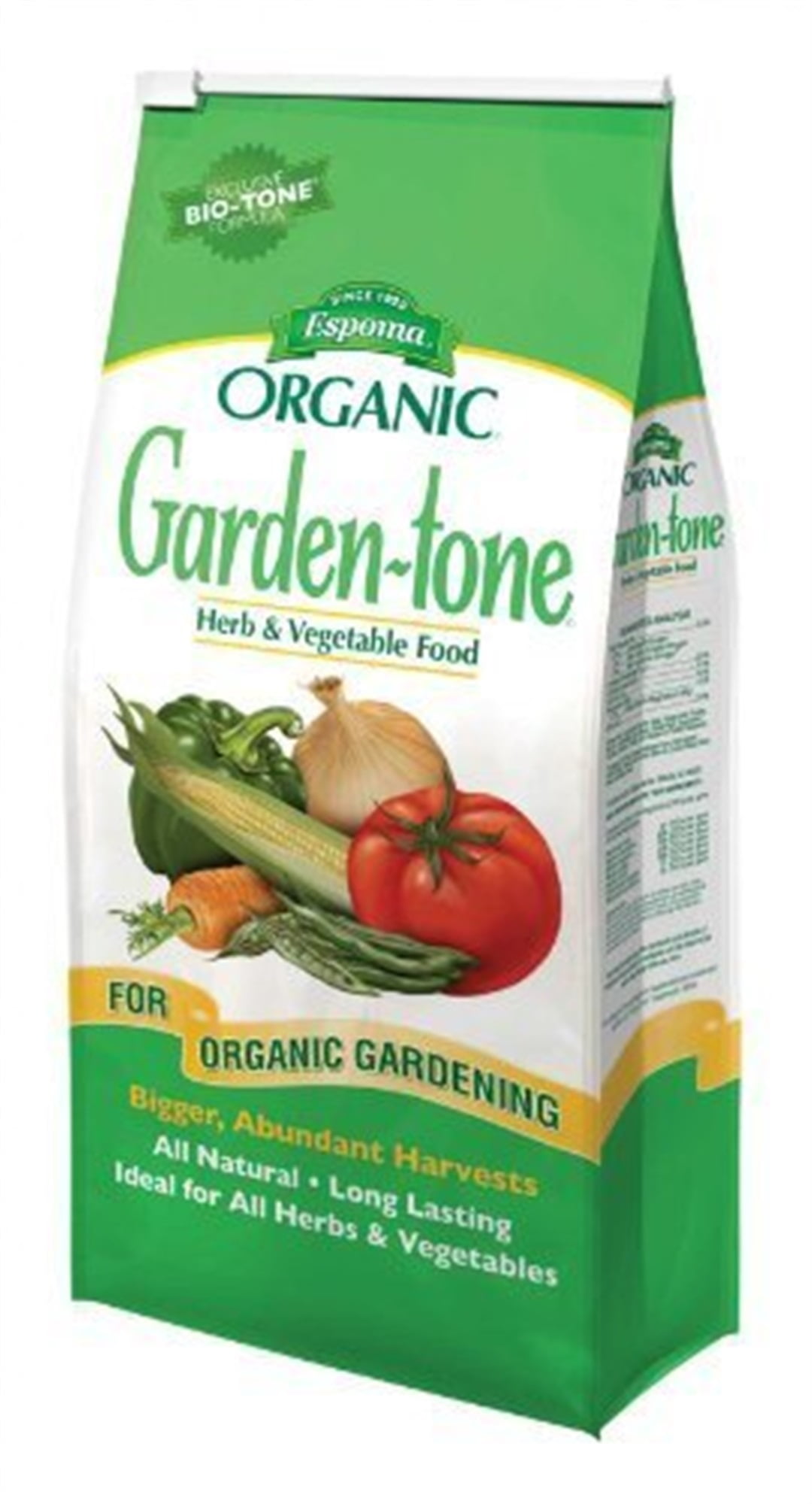
- Dr. Earth Natural Wonder Fruit Fertilizer: This fertilizer is made with organic ingredients and contains a blend of nutrients that are specifically designed for watermelons. It is a slow-release fertilizer, so you don't have to apply it as often.
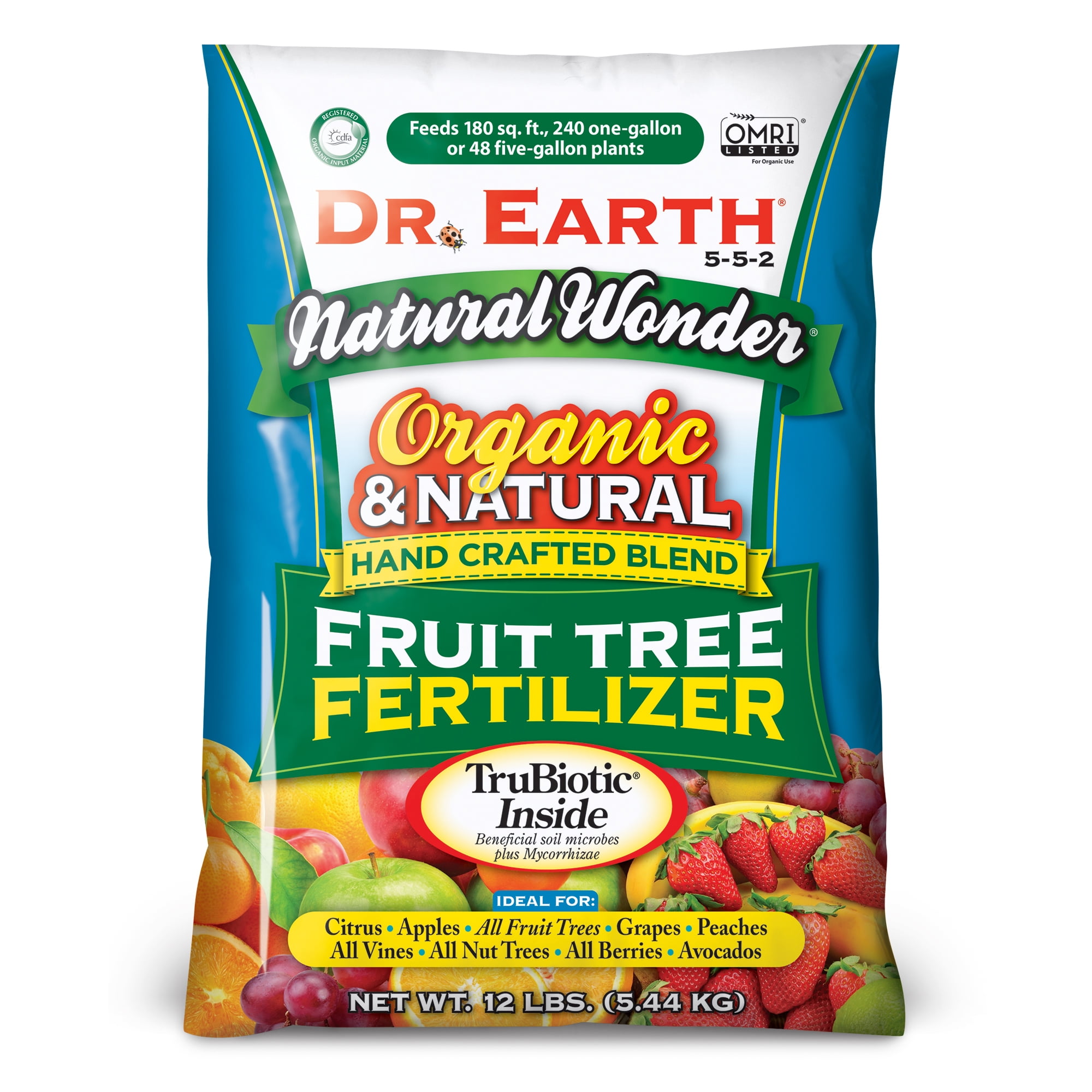
- Jobe's Organics Granular Fertilizer: This fertilizer is made with organic ingredients and is a slow-release fertilizer. It is easy to use and can be applied to the soil or as a foliar spray.

- Neptune's Harvest Hydrolyzed Fish Fertilizer: This fertilizer is made with fish hydrolysate, which is a natural source of nitrogen, phosphorus, and potassium. It is a liquid fertilizer, so it is easy to apply.

When applying fertilizer to watermelon plants, it is important to follow the directions on the label. You should also avoid over-fertilizing, as this can damage the plants.
In addition to using fertilizer, there are a few other things you can do to help your watermelon plants grow and produce large, juicy melons. These include:
- Planting watermelons in full sun.
- Providing the plants with regular water.
- Keeping the soil around the plants moist.
- Mulching around the plants to help retain moisture and suppress weeds.
- Staking the plants to support the weight of the melons.
With a little care and attention, you can grow delicious and juicy watermelons in your own backyard.
Watermelons are a delicious and refreshing summer fruit, but they can be tricky to grow. One of the most important factors in growing a successful watermelon crop is using the right fertilizer. There are many different types of fertilizer available, so it can be difficult to know which one is right for your watermelon plants.
To help you choose the best fertilizer for your watermelon plants, I recommend visiting Home Gardening. This website has a comprehensive guide to the different types of fertilizer available, as well as recommendations for specific fertilizers for watermelon plants.
In addition to providing information about fertilizer, Home Gardening also offers a variety of other resources for watermelon growers, including planting guides, pest control tips, and recipes for delicious watermelon dishes.
I highly recommend visiting Home Gardening if you are planning to grow watermelons this summer. With their help, you can be sure to grow a bountiful crop of delicious watermelons.
FAQ of best fertilizer for watermelon
- What is the best fertilizer for watermelon?
Watermelons need a balanced fertilizer with high levels of nitrogen, phosphorus, and potassium. A good NPK ratio for watermelons is 10-10-10 or 14-14-14. You can also use a fertilizer with a higher nitrogen content during the early stages of growth, and then switch to a fertilizer with a higher phosphorus and potassium content as the plants mature.
- What are the benefits of using fertilizer on watermelon plants?
Fertilizer helps watermelon plants grow larger, healthier, and produce more fruit. It also helps to improve the flavor of the watermelons.
- How often should I fertilize watermelon plants?
You should fertilize watermelon plants every 2-4 weeks during the growing season. You can use a liquid fertilizer or a granular fertilizer. If you are using a liquid fertilizer, dilute it according to the instructions on the label. If you are using a granular fertilizer, spread it evenly around the base of the plants and water it in well.
- What are some organic fertilizers that are good for watermelon plants?
There are many organic fertilizers that are good for watermelon plants. Some popular options include:
* Manure: Manure is a great source of nitrogen, phosphorus, and potassium. It can be applied to the soil around the base of the plants or mixed into the soil before planting.
* Compost: Compost is another excellent source of nutrients for watermelon plants. It can be applied to the soil around the base of the plants or mixed into the soil before planting.
* Fish emulsion: Fish emulsion is a liquid fertilizer that is high in nitrogen. It can be applied to the soil around the base of the plants or mixed into a watering can and used to water the plants.
* Kelp meal: Kelp meal is a good source of trace minerals. It can be applied to the soil around the base of the plants or mixed into a watering can and used to water the plants.
- What are some common fertilizer mistakes to avoid?
Some common fertilizer mistakes to avoid include:
* Overfertilizing: Overfertilizing can damage watermelon plants and make them more susceptible to pests and diseases.
* Using the wrong fertilizer: Using the wrong fertilizer can also damage watermelon plants. Make sure to use a fertilizer that is specifically designed for watermelon plants.
* Not watering the fertilizer in: It is important to water the fertilizer in after applying it to the soil. This will help the nutrients to dissolve and be absorbed by the plants.
Image of best fertilizer for watermelon
10 different images of best fertilizer for watermelon that are free to use:
- Blood meal: A nitrogen-rich fertilizer that is made from dried blood.
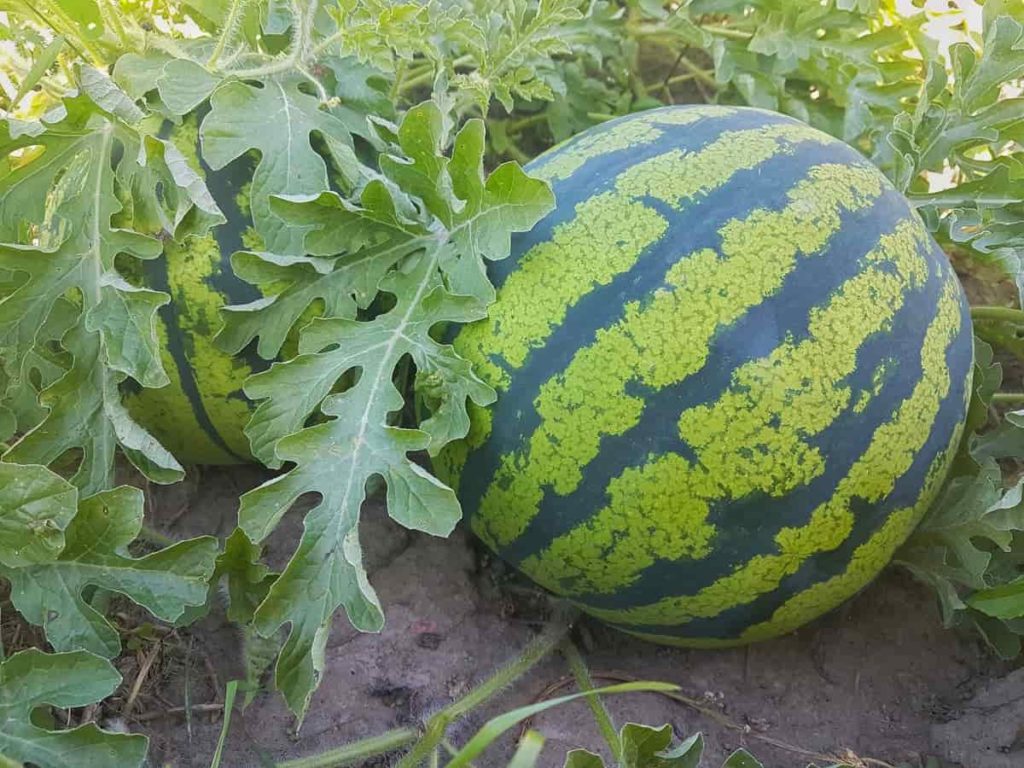
- Fish emulsion: A liquid fertilizer that is made from fish byproducts.

- Seaweed: A natural fertilizer that is rich in nitrogen, phosphorus, and potassium.

- Bone meal: A phosphorus-rich fertilizer that is made from ground bones.

- Rock phosphate: A phosphorus-rich fertilizer that is made from ground rock.

- Kelp meal: A potassium-rich fertilizer that is made from ground kelp.

- Compost: A slow-release fertilizer that is made from decomposed organic matter.

- Vermicompost: A high-nitrogen fertilizer that is made from worm castings.

- Chicken manure: A nitrogen-rich fertilizer that is made from chicken droppings.
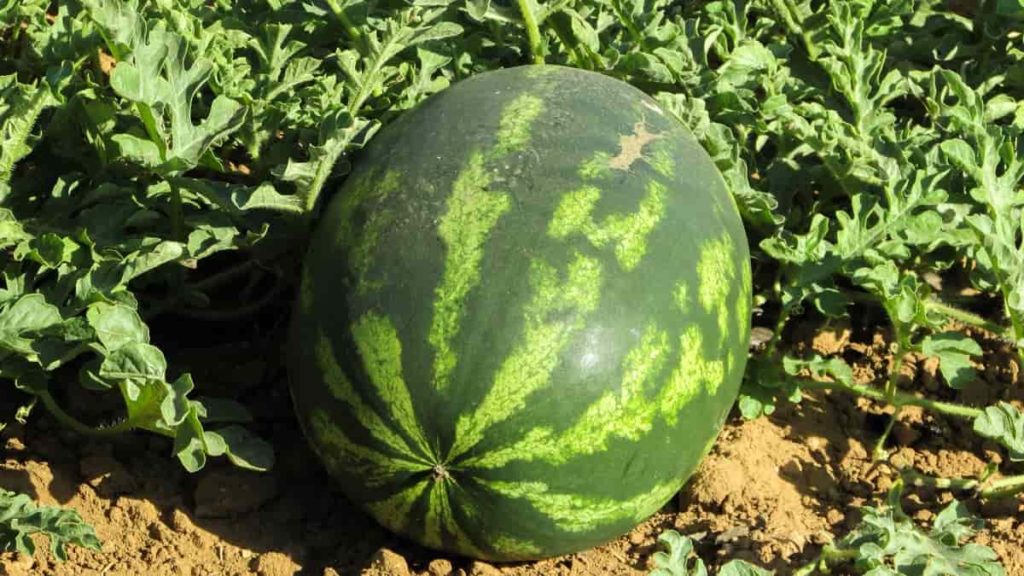
- Cow manure: A nitrogen-rich fertilizer that is made from cow droppings.
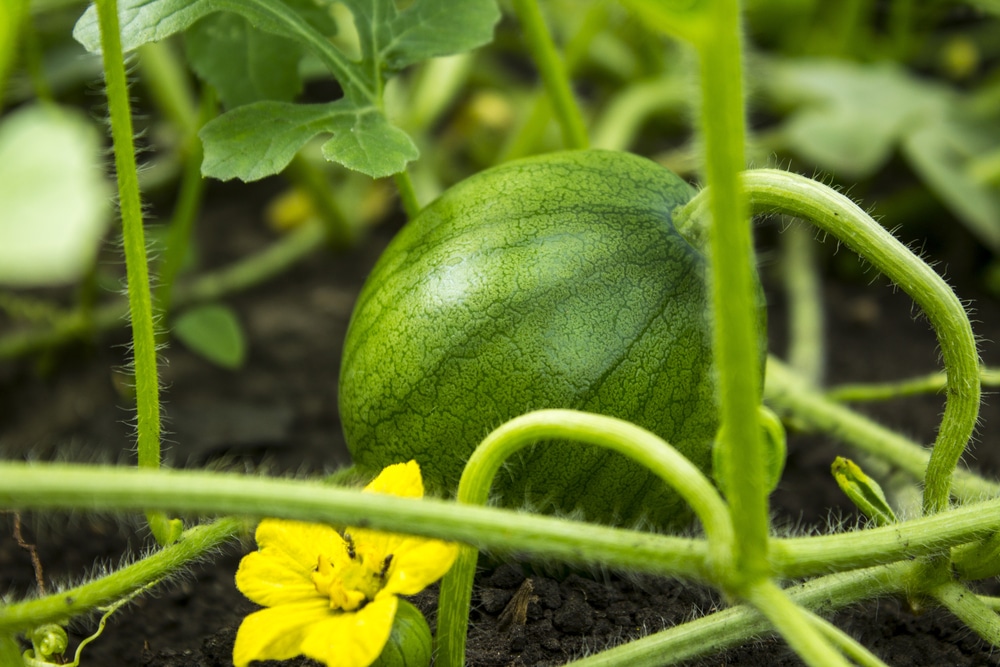
Post a Comment for "Best Watermelon Fertilizer: Grow Juicy Sweet Melons With These Top Picks"